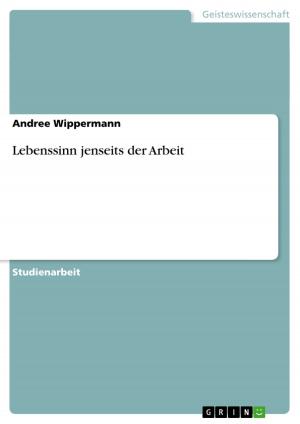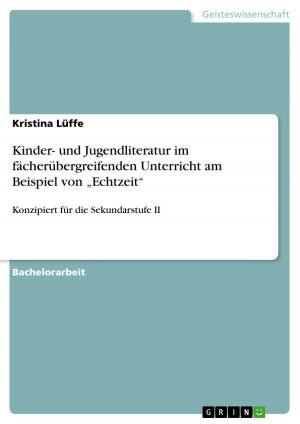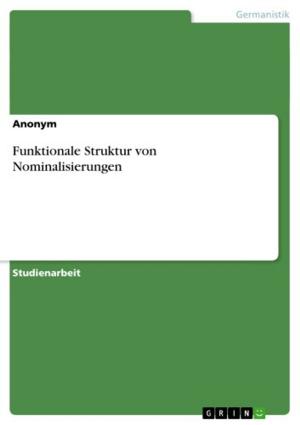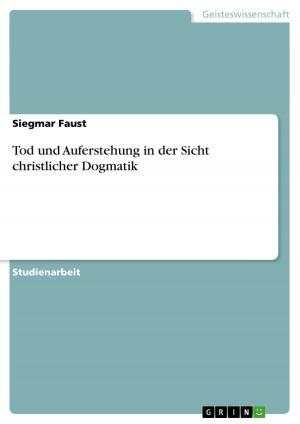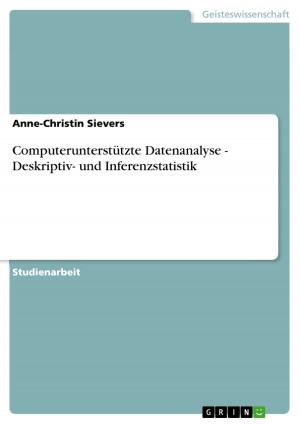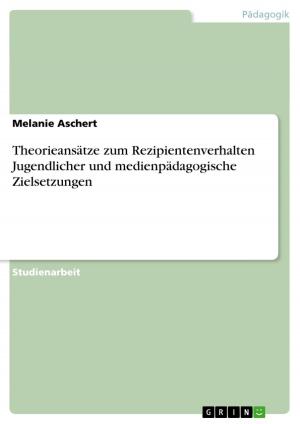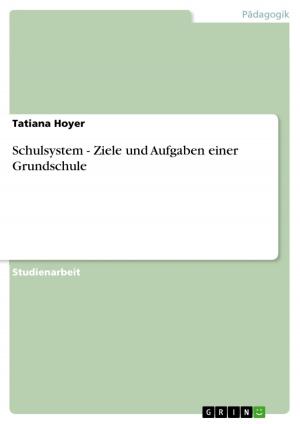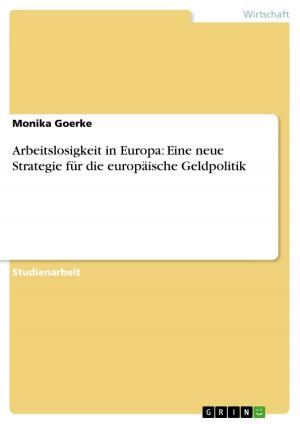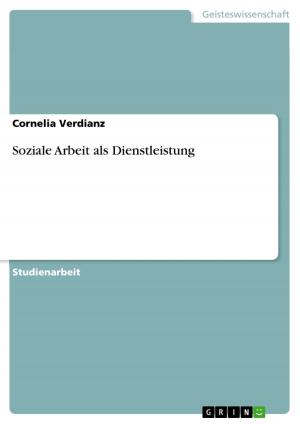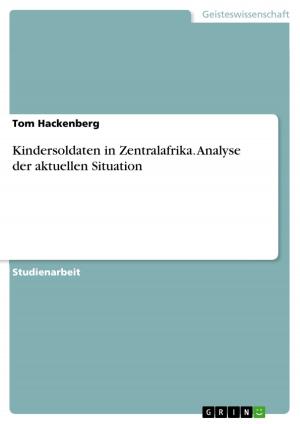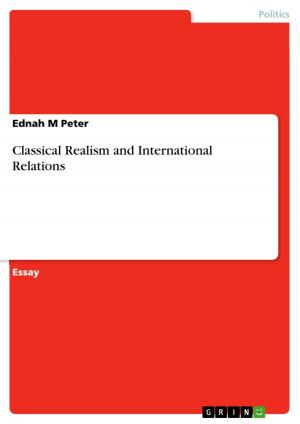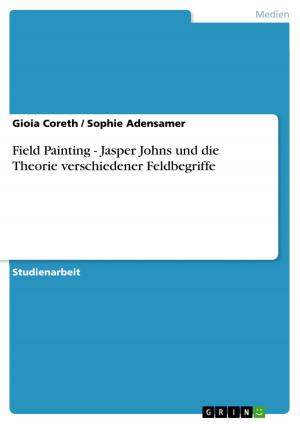'Late twentieth-century theory can be considered first and foremost as a reaction against the tenets of liberal humanism'
Fiction & Literature, Literary Theory & Criticism, British| Author: | Jenny Roch | ISBN: | 9783638466660 |
| Publisher: | GRIN Verlag | Publication: | February 8, 2006 |
| Imprint: | GRIN Verlag | Language: | English |
| Author: | Jenny Roch |
| ISBN: | 9783638466660 |
| Publisher: | GRIN Verlag |
| Publication: | February 8, 2006 |
| Imprint: | GRIN Verlag |
| Language: | English |
Seminar paper from the year 2006 in the subject English Language and Literature Studies - Literature, grade: B3 (15/20), University of Glasgow (Department of Scottish Literature), course: Theory and Scottish Literature, 10 entries in the bibliography, language: English, abstract: Liberal humanism. The 'theory' that has been in place and in use to read texts since pretty much the beginning of literary history. Indeed, with its goal to convey timeless truths, liberal humanism in literature has even been seen as a means to educate the masses, and carry through the 'ideological task which religion left off.' Liberal humanism has been largely uncontested until, in the late twentieth century, other theories take over on what has been a year-long tradition. These interesting facts do indeed pose some questions on why, first of all, liberal humanism was uncontested for such a long time, but also, why then, so suddenly it seems, it was overthrown by modern day literary theory and put off as 'an ideological smokescreen for the oppressive mystifications of modern society and culture, the marginalisation and oppression of the multitudes of human beings in whose name it pretends to speak.'
Seminar paper from the year 2006 in the subject English Language and Literature Studies - Literature, grade: B3 (15/20), University of Glasgow (Department of Scottish Literature), course: Theory and Scottish Literature, 10 entries in the bibliography, language: English, abstract: Liberal humanism. The 'theory' that has been in place and in use to read texts since pretty much the beginning of literary history. Indeed, with its goal to convey timeless truths, liberal humanism in literature has even been seen as a means to educate the masses, and carry through the 'ideological task which religion left off.' Liberal humanism has been largely uncontested until, in the late twentieth century, other theories take over on what has been a year-long tradition. These interesting facts do indeed pose some questions on why, first of all, liberal humanism was uncontested for such a long time, but also, why then, so suddenly it seems, it was overthrown by modern day literary theory and put off as 'an ideological smokescreen for the oppressive mystifications of modern society and culture, the marginalisation and oppression of the multitudes of human beings in whose name it pretends to speak.'

